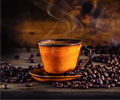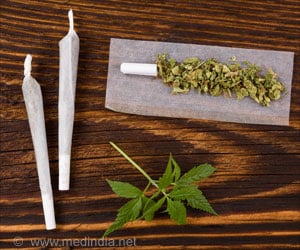A new study says that caffeine use prevents increased risk taking that occurs after several nights of total sleep deprivation.
A new study says that caffeine use prevents increased risk taking that occurs after several nights of total sleep deprivation. The research abstract will be presented today at SLEEP 2009, the 23rd Annual Meeting of the Associated Professional Sleep Societies.
Results indicate that despite extreme sleep deprivation, participants who had consumed caffeine did not exhibit increased risky behavior on the Balloon Analog Risk Task (BART), a computerized measure of impulsive risk-taking.Participants who received the placebo were unchanged from baseline on the cost/benefit ratio of the BART at 51 hours of sleep deprivation, but showed a significant increase in risk-taking by 75 hours.
The caffeine group remained unchanged from baseline at either 51 or 75 hours of wakefulness and was significantly less risky than the placebo group at 75 hours.
According to principal investigator Maj. William D. "Scott" Killgore, PhD, research psychologist at the Harvard Medical School and Walter Reed Army Institute of Research, sleep deprivation may not have a simple linear effect on risk taking; however, there may be a 'breaking point' during which a person may show a drastic release in their ability to control or inhibit behavior. In this study, caffeine seemed to protect against that breaking point.
"People who were awake for three days straight became more impulsive and acted with less regard for consequences," said Killgore.
"However, if they had consumed caffeine each night (about the equivalent of 1-2 cups of coffee every two hours from just after midnight until dawn), they showed no increase in risky behavior," the expert added.
Advertisement
At mid-morning, subjects participated in a behavioral task of risky behavior that requires expenditure effort (BART), during which participants were asked to inflate virtual balloons on a computer and try to 'cash in' their value before they popped. The bigger the balloon, the more money it was worth.
Advertisement
ARU














